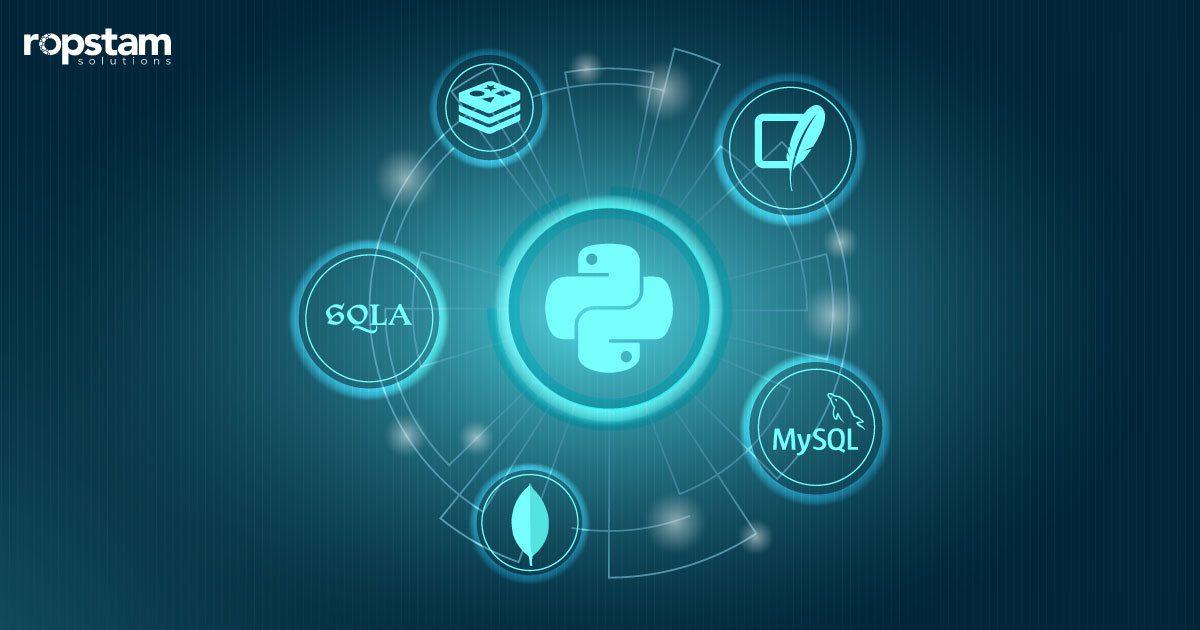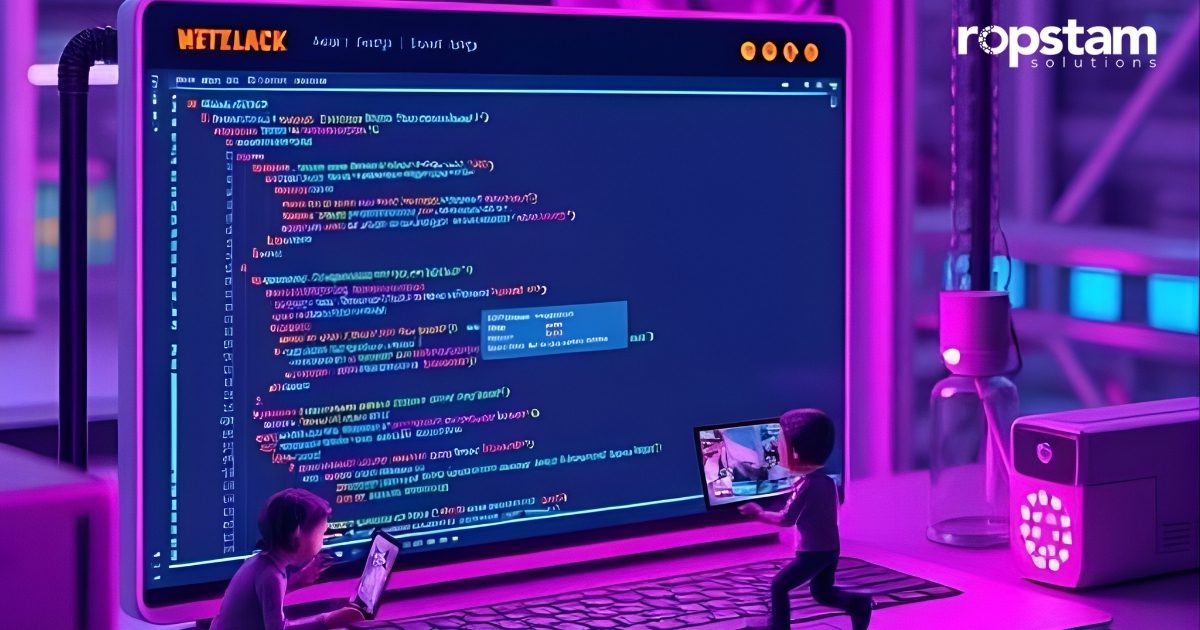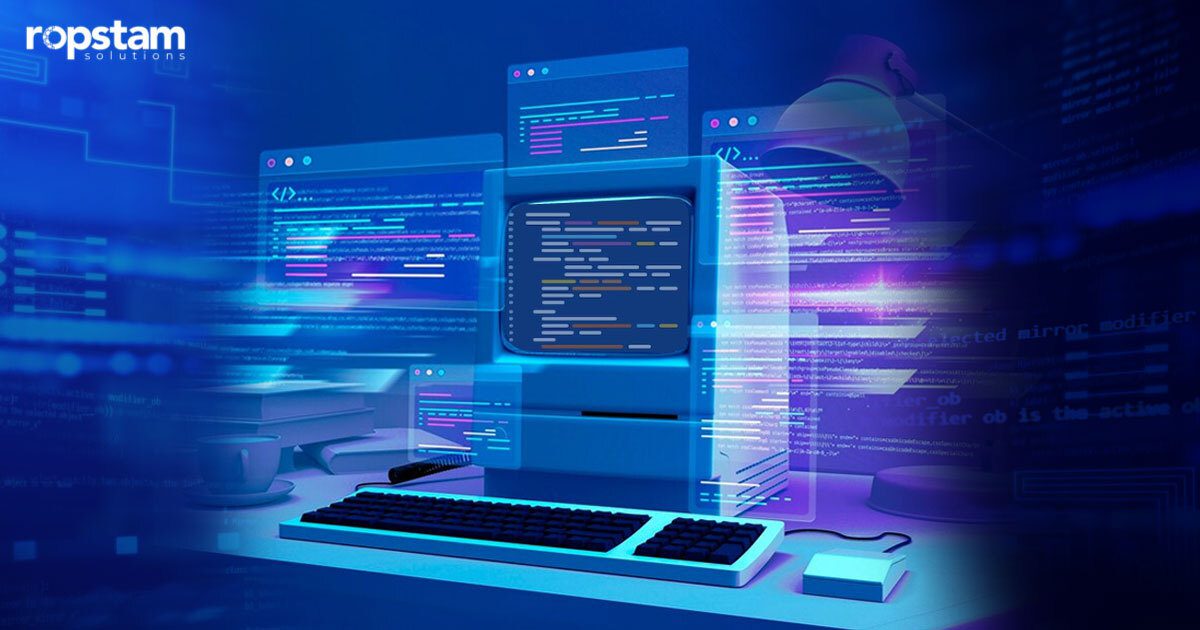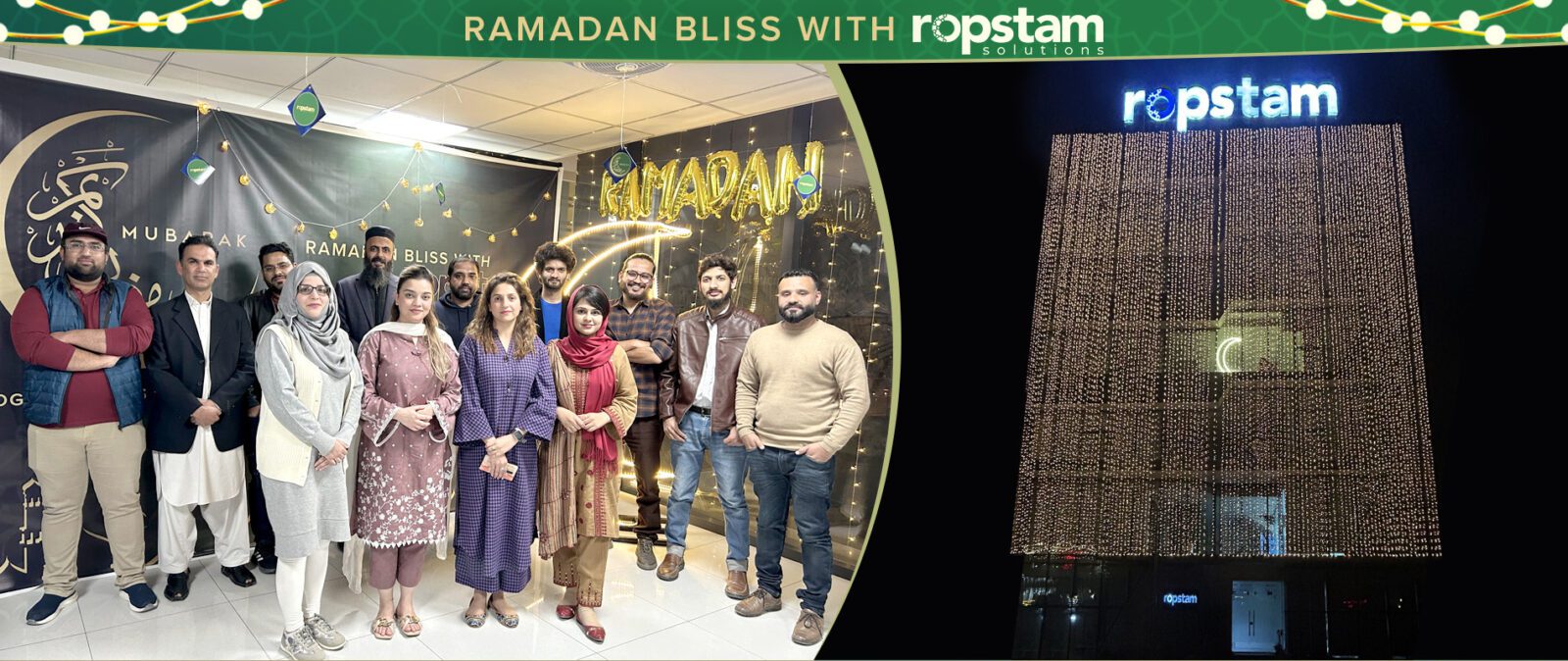With its broad array of features and advantages in the digital world, Python is one of the most popular programming languages. As Python continues to grow as a versatile, widely used programming language, having the right database to store and organize data is key for building robust applications. Python connects easily to many databases – both SQL and NoSQL – each with their own strengths and use cases.
In this comprehensive guide, we explore some of the best databases that will work seamlessly with Python based on popularity, features, use cases, and community support. Whether you are building web apps, data pipelines, desktop programs, or complex analytics systems – identifying the right database for your needs boosts efficiency and productivity when using Python.
10 Best Databases for Python Projects
One of the most critical questions every backend developer faces is “What database should I use?”. Choosing the right database ensures your Python programs can efficiently store, organize, query, and manage data at any scale. Now, let’s examine some of the best databases available for Python developers.
1) SQLite
SQLite is the most widely used database for Python applications due to its simplicity and ease of use. It’s included by default with Python installs as part of the standard library, making it accessible out-of-the-box.
SQLite stores data in self-contained, compact, and portable database files that can be easily shared. It’s serverless so no configuration is required, and it interacts through simple function calls. sqlite3 module provides a DB-API-compliant interface.
Use cases of this database include but are not limited to prototyping, testing, embedded devices, and any scenario where a lightweight, zero-config database is needed. The simplicity and portability of SQLite also make it popular for mobile apps, web browsers, and smart devices using Python.
Owing to its simplicity and a vast number of features, it is considered one of the best SQL databases for Python development.
2) MySQL
MySQL is a popular open-source relational database that uses SQL and is preferred for web applications at scale needing transactional integrity. It rose to prominence as the database behind early web apps and continues to be widely used.
The MySQL Python connector allows accessing MySQL natively from Python code while benefiting from its scalability, commercial support offerings, and open-source extensions like MariaDB. The Django framework has built-in support for MySQL.
Use cases of this database include ecommerce systems, SaaS platforms, and enterprise applications where ACID compliance and sharding support are must-haves. Furthermore, the JSON support also makes MySQL flexible, making it an easy-to-use database with Python.
3) PostgreSQL
PostgreSQL is an advanced open-source object-relational database that offers strong reliability and the full power of SQL. It provides extensive functionality through constraints, data types, operators, functions, and more.
The psycopg PostgreSQL adapter makes it highly accessible from Python. Django also ships with PostgreSQL integration. The focus on extensibility, standards compliance and robustness makes it suitable for complex transactional systems at enterprise scale.
Some of the noticeable use cases of this Python database include heavily transactional applications like banking systems, ecommerce marketplaces, IoT platforms, and geospatial and analytics applications.
4) MongoDB
MongoDB is the most popular document-oriented NoSQL database used with Python web and analytical workloads. It uses JSON-like documents to store data and makes it easy to represent hierarchical relationships.
Python driver PyMongo provides idiomatic access from Python apps. The Flask framework ships with PyMongo integration. The dynamic schemas, rich querying via operators, indexing, and aggregation pipelines make MongoDB extremely versatile.
It is advantageous in a number of platforms like OTT and streaming services, content management systems, monitoring systems, real-time analytics, and contextual recommendation engines.
5) Redis
Redis is an in-memory data structure store providing high-performance caching, message brokering, and rate limiting natively. It supports versatile data structures like strings, lists, hashes, sets, etc.
Python Redis clients like redis-py simplify using Redis from apps needing high throughput and low latency. This database is extensively utilized by real-time leaderboards, session stores, streaming platforms, and caching.
6) Cassandra
Apache Cassandra is a distributed NoSQL database designed for scalability and high availability at massive scale and throughput levels. It uses a columnar data model, allowing for rapidly evolving schemas.
Python Cassandra drivers like pyCassa enable Cassandra integration. Its masterless distributed system model, tunable consistency levels, and robust write performance make it stand out for big data apps.
Cassandra is particularly useful for storing and retrieving data from high-scale systems such as social networks, social media platforms, and IoT analytics.
Use cases include highly scaled systems like social networks, media sharing platforms, and IoT analytics, where throughput and fault tolerance are critical.
7) DynamoDB
Amazon DynamoDB is a fully managed cloud NoSQL database from AWS that provides high performance at any scale. It supports both document and key-value data models making it flexible.
The Boto3 DynamoDB API integrates it with Python cloud apps. Benefits like auto-scaling capacity, SSD storage, global tables, security andbackup/restore make it ideal for mission-critical systems.
Some of the most common use cases include serverless apps, mobile backends, and distributed web services where the strengths and convenience of a cloud database are attractive.

8) Elasticsearch
Elasticsearch is a popular search and analytics engine. While not a traditional database, its support for scalable indexing and querying semi-structured data makes it invaluable for Python data apps.
Official elastic Python client simplifies usage for search, log analysis, business intelligence, and operational monitoring use cases. Elasticsearch enables real-time data exploration and analytics.
9) Neo4j
A popular free-to-use database, Neo4j is focused on highly connected data and querying complex relationships. Its native graph processing and storage make it optimized for connected data points.
Neo4j Python driver allows Python apps to model data as nodes and relationships for social graphs, recommendations, AI/ML, and complex analytics. Cypher query language provides user-friendly graph querying capabilities.
Neo4j is widely utilized for social networking, identity and access management, fraud detection, and supply chain optimization.
10) Couchbase
Couchbase is an open-source NoSQL document database focused on scalability, availability, and performance at scale. It uses a JSON data model and supports SQL-like querying through N1QL.
The Couchbase Python SDK allows low-latency data storage and retrieval from Python apps. This database shines for highly interactive web and mobile apps, necessitating an elastic scale.
Why are Databases Necessary for Python Developers?
Databases are an integral part of developing any website or web application. Let’s explore the top reasons why using any kind of database is crucial when working with Python:
1) Data Persistence
Databases provide persistent storage and retrieval of data beyond the program lifecycle. This allows long-term data usage spanning multiple sessions, making the job of developers and data analysts easier.
2) Structured Storage
Databases enable structure enforcement on otherwise unorganized data, making analysis and operations easier. Relations between data can be modeled thanks to the meticulous organization of the data.
3) Scalability
With databases, users can utilize the scaling attribute to handle large, growing data volumes and traffic making use of sharding and replication. This makes them ideal for production systems.
4) Access Control
In today’s day and age, protection from cyberattacks is of paramount significance. A data breach can result in a leak of sensitive customer information, severely damaging the reputation of the company. Therefore, limiting the access of a database to certain individuals and implementing robust access control mechanisms can safeguard sensitive data stored in the database.
Sophisticated user access control and permissions can be applied to databases to share data with certain users and applications safely.
5) Integrations
Python drivers and libraries integrate popular databases into Python applications transparently and efficiently. Subsequently, you can store and retrieve data with ease.
6) Analytics Capabilities
Data analytics is pertinent to analyzing the performance of your website. SQL databases include powerful querying, aggregation, and analysis functions out-of-the-box for deriving insights and improving your site’s performance.
7) Robustness
All databases provide resilience against application and hardware failures through backup/recovery, replication, and automatic failover. This ensures that critical data is not permanently lost in case of an emergency failure.
Conclusion
Python’s extensive database integrations empower developers to choose the optimal data storage and retrieval backend based on application requirements. Whether relational, graph-based, or distributed – modern databases help Python handle evolving data challenges. This blog illustrated some of the best databases every Python developer must have experience with.













